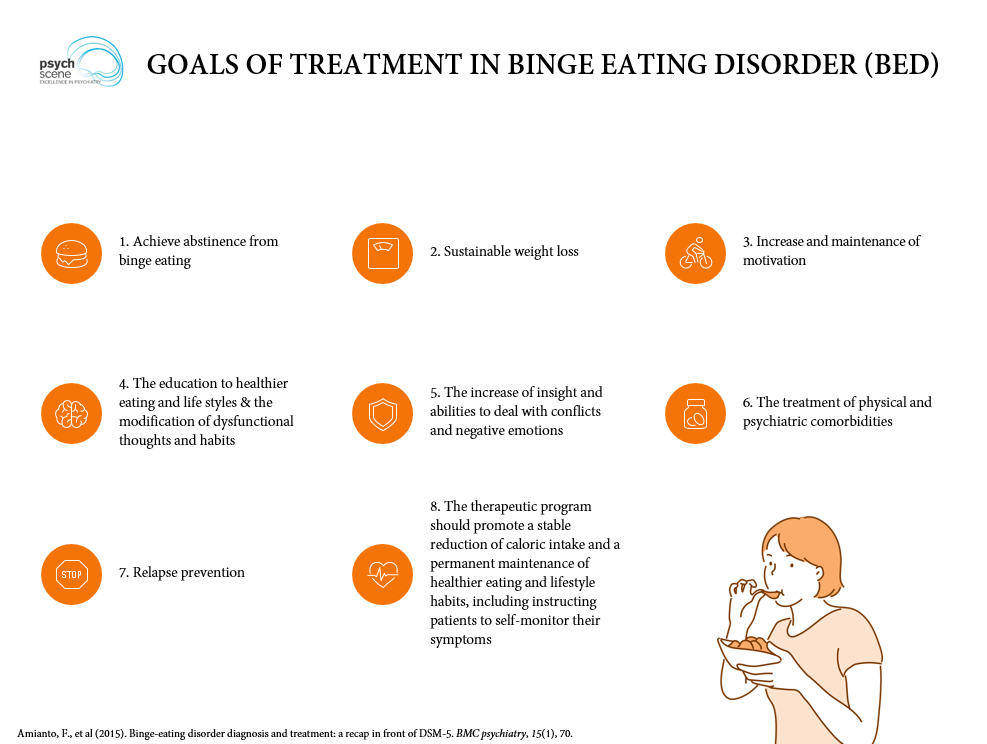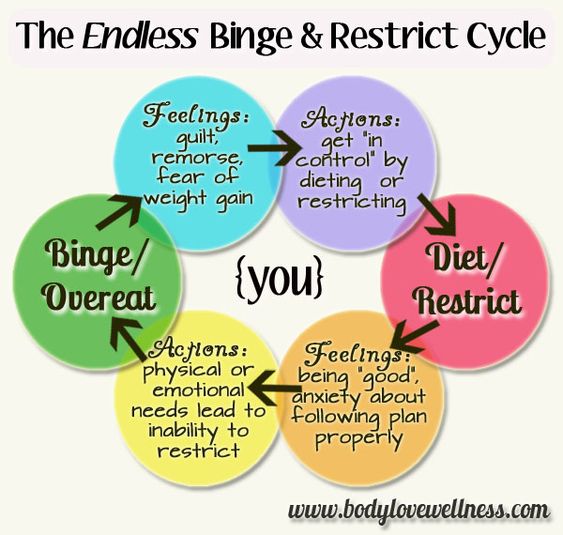
When the general public has only a fairly limited understanding of binge eating disorder, one seemingly common misconception is that binge eating is synonymous with overeating. The newer revisions to the manual (DSM-5), however, define a binge as consuming an unusually large amount of a specific food. Binge eating disorders can also include consuming a food item in larger portions than normal and then vomiting the remaining portion prior to finishing the entire portion.
Although excessive amounts of an alcoholic beverage may be the basis for alcoholism, drinking does not necessarily indicate binge drinking
Although many people are familiar with binge drinking, they are more likely to associate binge drinking with alcohol in order to describe the condition. However, binge drinking is defined as consuming an excessive quantity of alcohol over a period of at least four days, which can result in serious health risks. Alcohol is usually consumed in moderate amounts for a number of reasons, including a celebratory occasion such as birthdays, marriage, and even to unwind after a stressful period.
While some of the symptoms of excessive amounts of alcohol can occur prior to the actual episode, binge drinking typically results in the episode itself. In many cases, binge drinkers will consume an excessive amount of alcohol on an empty stomach before they should, due to their inability to control themselves. Binge drinkers will often feel a certain level of discomfort or distress before going to bed and even feel nauseous and dizzy after drinking the majority of alcohol in the evening. In extreme cases, some individuals may become drunk in the early morning hours after consuming an excessive amount of alcohol the night before.
Individuals experience a sense of euphoria when drinking, which can lead to the individual taking larger quantities of alcohol as the body adjusts to the alcohol. The euphoria is a byproduct of alcohol's stimulant effects and is usually temporary. However, individuals may experience mood swings, as well as feelings of depression and irritability, and even thoughts of suicide. These feelings may interfere with normal life functions, causing the individual to consume even more alcohol in order to feel normal again.
Although there are physical problems that are typically associated with binge drinking, the effects on the body generally go beyond those issues. For example, because alcohol can suppress a person's immune system and lower their brain's ability to metabolize glucose, it can cause many of the same problems associated with diabetes.

Alcohol intoxication may also cause dehydration
When drinking, individuals who are dehydrated experience a rapid build up of fluid in the body, causing them to urinate frequently. This can lead to nausea and vomiting. Also, alcohol is known to reduce a person's ability to metabolize nutrients, causing them to experience malnutrition.
In addition to the problems caused by dehydration, alcohol consumption may also affect a person's metabolism, causing them to crave food for calories, leading to overeating and other weight gain. If a person is not careful, they may even find that they have to go on diets and use laxatives in order to stay properly hydrated.
Many people will continue to binge eat, due to the emotional pressures of trying to lose weight. This cycle can often be difficult to break since the individual continues to binge eat to regain control of their weight. It is important to note that the binge eater may eventually gain back all of the weight that they have binge eaten before.
After a person suffers from a binge eating episode, they may want to eat the things that they binge eat. In addition, they may think that drinking alcohol, or consuming other substances is the only way that they can stop the cycle. This can create further health complications. Because the binge eater is unable to stop binge eating, they may be more likely to binge again.
Many individuals need professional help in order to stop this cycle. Many times, people will take their own lives due to the stress of living with the symptoms of this disease. Individuals need to seek the help that they need in order to break the cycle, stop binge eating, and lead a normal life.
Even though individuals may have to try many different things before they find the one that works, there are a number of therapies available that can help them overcome this condition. Individuals may also need to discuss treatment options with their doctors, especially if they are suffering from a serious problem. It is important for them to get professional advice before they choose a treatment plan.